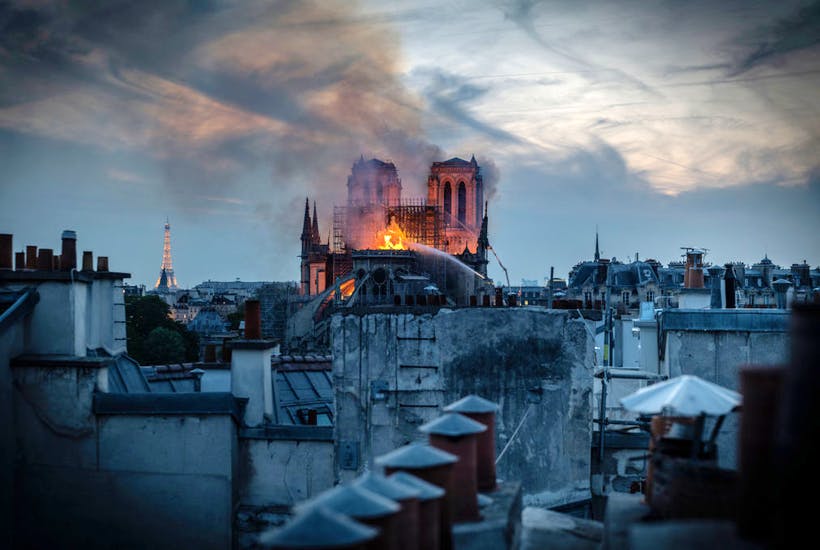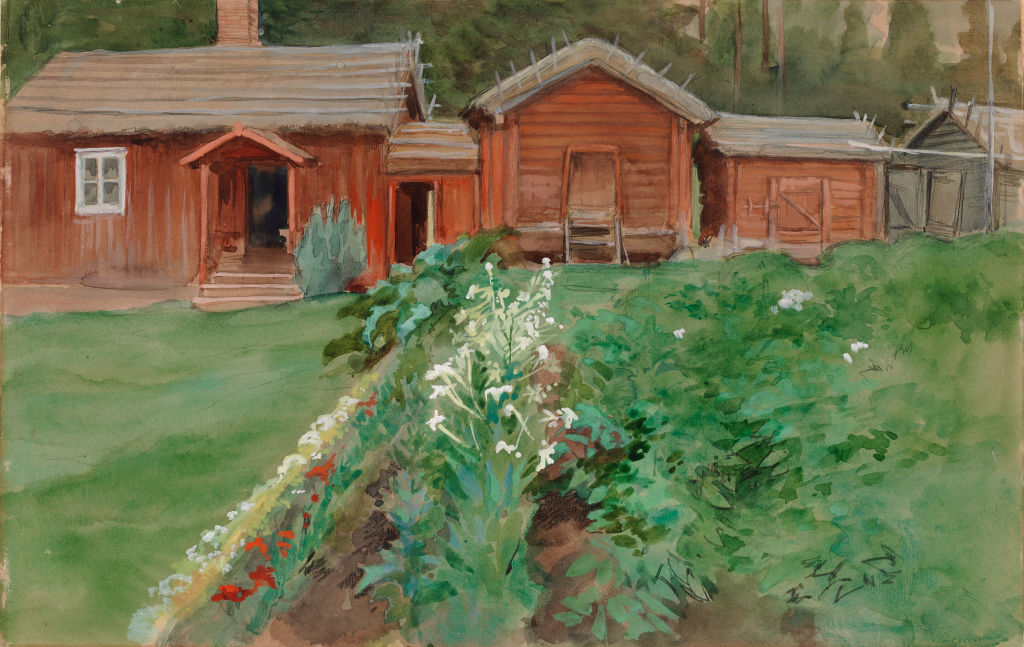The conversation in France changed abruptly last night. Perhaps the blaze in Paris was the wake-up call that France needed. My neighbors, and all of France, seem deeply shocked. Almost numb. The fire seems to have touched a nerve. Whether this sentiment is transient remains to be seen.
Notre-Dame cathedral will be rebuilt. It may even be better than ever. From an inferno in the heart of French Catholicism, it will be resurrected to inspire new generations of believers, and a million tourists a month. The means are not lacking. Hundreds of millions have been pledged. The rest will follow. The constraints will be how successfully the project is managed – these projects are notoriously political, costly and risky – and finding enough qualified tradesmen (and women, one may hope) capable of doing the job. It’s going to take years and if this tragedy has any kind of silver lining, it’s that the project will be a sorely needed economic stimulus, and doubtless fodder for countless television documentaries.
But there is also a shame to this. How could this have happened? Isn’t France better than this? At some point, as the initial shock wears off, these points must be considered.
After an aircraft accident, searching inquiries are made to determine the cause, and ensure that lessons are learned. This must also be true after such incidents as Notre-Dame, which ought in theory to be preventable.
In Britain, they have experience of these kinds of incidents, where York Minster and Windsor Castle were both reduced to smoldering embers (and both have been magnificently restored) and most recently at Grenfell Tower, where the human toll was enormous and the enquiries continue. The French do not seem to have learned from Britain‘s lamentable examples.
Construction errors were to blame, or led, to at least one of these catastrophes. So that might also be the proximate cause of the fire at Notre-Dame. But precisely how? Was there one site where the fire started, or more than one? Were accelerants present? Who had access to the site? The circumstantial evidence, which can only be dispelled by serious inquiries, is not good. Can terrorism be entirely excluded? It seems premature to reach any conclusions, before the smoke has cleared.
There are hundreds of desecrations of churches in France every year. These include fires, excrement smeared on altars, thefts, assaults and even the 2016 assassination by two Islamic militants of an elderly priest celebrating mass. There were a dozen incidents in one week in March, including a fire at Saint Sulpice in Paris. A Pakistani immigrant has been arrested in one of these incidents. Who might be responsible for the others is apparently unknown. Radical secularists? Religious extremists? Many in France seem prepared to believe the worst, and whatever the truth, the images of the cathedral in flames are already a kind of Rosetta Stone. See in it whatever you like.
This is why whatever inquiry is launched would profit from the participation of disinterested international experts, to guard against a stitch-up. If this was not foul play, it was an example of gross negligence. Welding in proximity to ancient timber is inherently risky. Good practice would insist on inspection and adequate fire suppression. Was this in place? Who was responsible? I fear given the very non-transparent character of the French state, we may never know. What we do know is that the repair of Notre-Dame seems to have been shambling on incoherently for 20 years.
Stéphane Bern, a brilliant television and radio presenter who advises Emmanuel Macron on heritage, said on TV last night he had asked the president if admission fees could be charged at Notre-Dame, to raise funds for a more sustained attack on the building’s problems. Political sensitivities seemed to have intervened. The laïcité crowd always complains when the state spends money on religious buildings. No admission fees were charged and the underfunded repairs lumbered on.
This event has opportunity but also potentially grave consequences for Macron. It is uncomfortably close to being a perfect symbol of a presidency that is going up in flames, but he is also now by default the voice of a nation in pain. Can he find the right voice? And even if he does, there is bound to be blowback, as more becomes known about this. Can the French state stand a hard look at itself, after this event?
The Notre-Dame fire came at the end of a terrible day for Macron, and was an unwelcome but nonetheless grand distraction.
On Monday morning, the EU Council voted to open trade talks with the United States, a move strongly opposed by Macron. He’d found himself isolated for the second time this month. Last week, EU governments, led by Angela Merkel, forced through an extension to Brexit, also against Macron’s wishes.
Last night, Macron was supposed to give a speech, summarizing his recently concluded great national debate, and outlining the next steps in his presidency after 22 weeks of gilets jaunes protests.
All of this has been pushed aside by the crater in the heart of Paris. Will it be emblematic of a failed presidency, or Macron’s chance to reestablish his authority?
Jonathan Miller is the author of France, a Nation on the Verge of a Nervous Breakdown (Gibson Square). This article was originally published on The Spectator’s UK website.

























